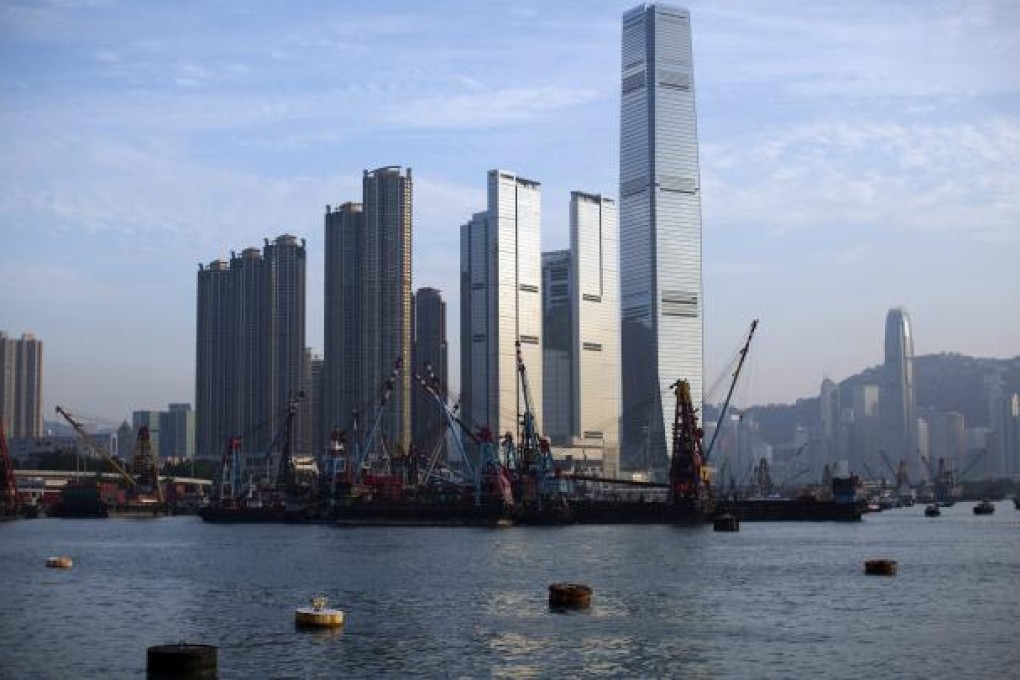Develop Hong Kong's internet economy to build 'Silicon Harbour'
Charles Mok says our internet economy has a great deal more potential

Hong Kong is a world leader in online connectivity. We have almost double the number of mobile phone subscriptions as people. We enjoy internet speeds and tariffs that consistently rank us at the top of the world.
But buying the latest electronic gadgets isn't enough. Our businesses don't go online as much as other countries and we don't build services for these devices as other countries do. This raises an important question: are we internet innovators or just internet consumers?
On Sunday, I got a glimmer of an answer when I attended the Hong Kong Startup Weekend as part of the Global Entrepreneurship Week, supported by the Kauffman Foundation and Google.
Attendees build a company over a weekend and compete against other companies. Last year's champion was a Hong Kong company called After Ship. It helps online businesses to track packages and improve customer services in one place, regardless of shipping providers.
After Ship plays to Hong Kong's strengths: the traditions of entrepreneurship and a global mindset, updated to the age of social technology.
The rise of the internet is a double blessing for Hong Kong: it empowers its businesses to reach the global marketplace quickly and it empowers its innovators to develop applications and services that operate on a global scale.
So it's no surprise that the internet and Hong Kong are already intertwined.